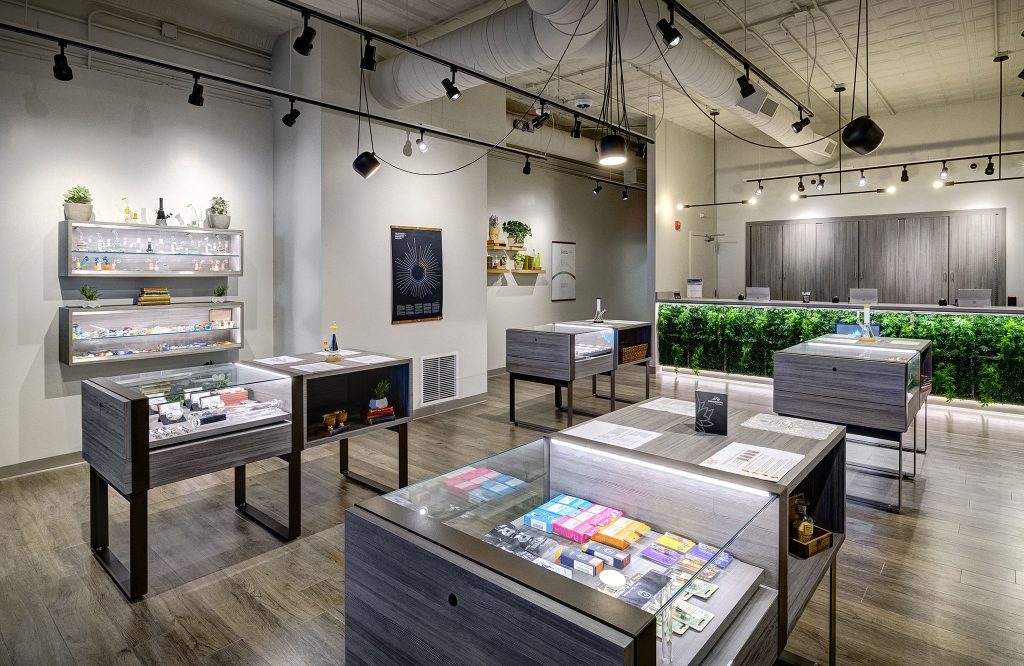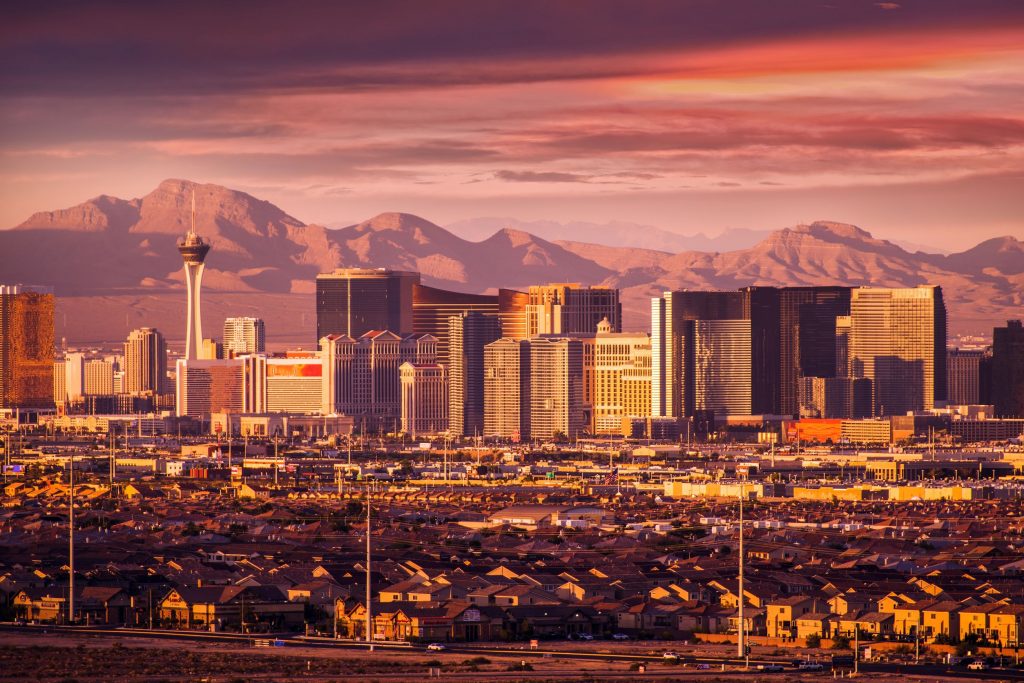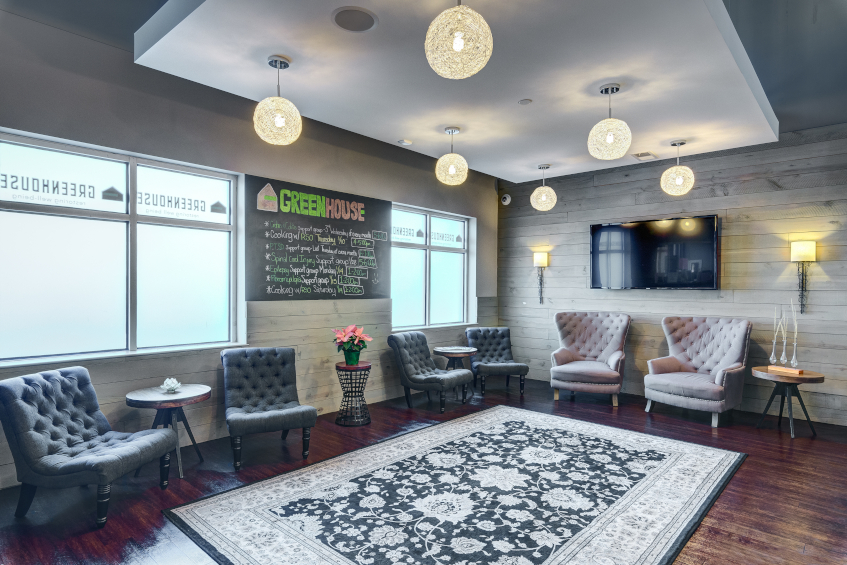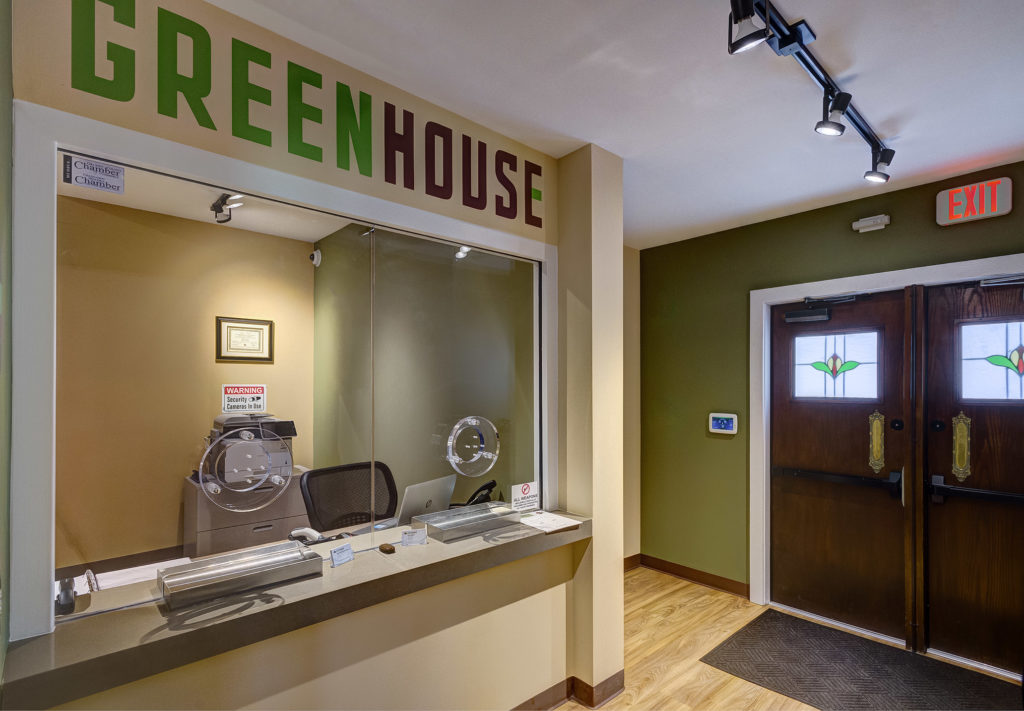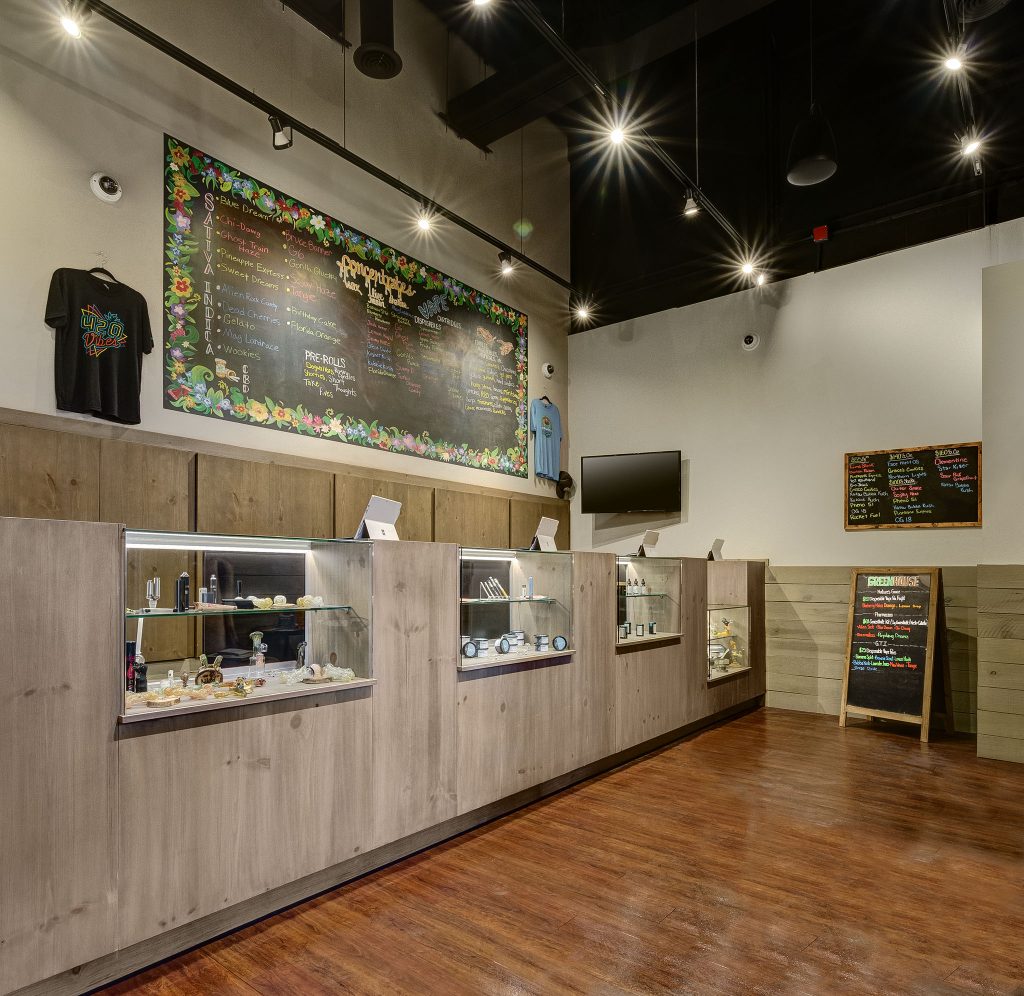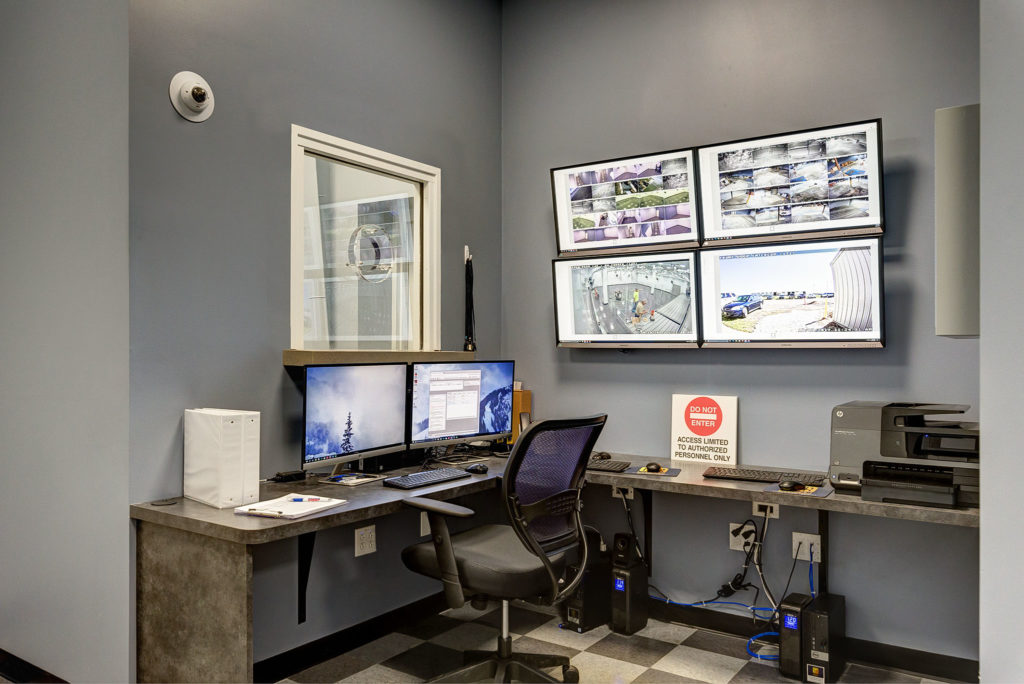Category: consumers
What’s New for America’s Most Popular Cannabis States?
2019 has been the year of the cannabis plant in the United States. New states have joined the recreational cannabis club, young medical programs are exploding, mature ones are diversifying, and the Northeast is inching along. Here is the latest on the nation’s most popular cannabis states.
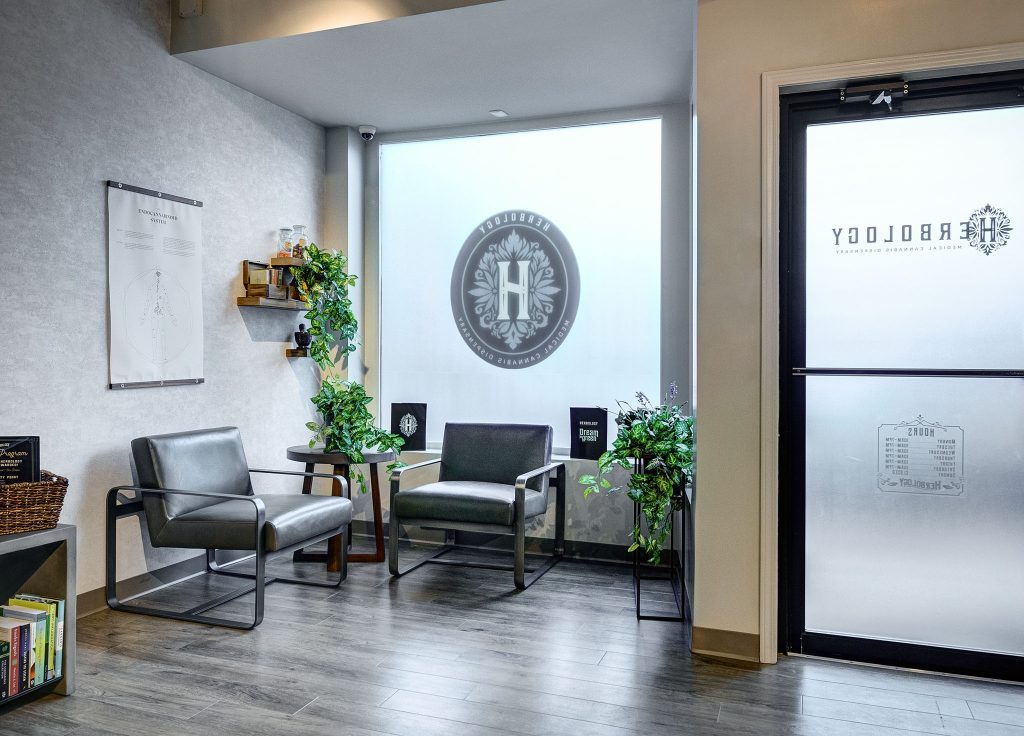
Colorado’s Cannabis Program Adds Versatility
Changes are coming to Colorado’s medical and recreational cannabis programs. House Bill 1230 will allow legal social consumption at businesses like dispensaries, restaurants, hotels, and music venues. Home-delivery of medical cannabis can begin in 2020, followed by recreational in 2021 thanks to the passage of House Bill 1234. In response to the state’s opioid epidemic, Governor Jared Polis signed the MMJ for Opioids Bill, which allows doctors to recommend medical cannabis as an alternative to opioid medications. The medical program also added autism to its list of qualifying conditions. Finally, House Bill 1090 opens Colorado’s cannabis industry to out-of-state investors and capital, including publicly held companies and large venture funds. Per Westword, “The bill would also permit investors to own smaller stakes (less than 10 percent) in a cannabis business.”
Illinois Hits a Snag
According to the Illinois Regulation and Tax Act, the state’s 55 existing medical dispensaries would have first dibs at applying for a recreational sales license at the same site, plus a second license for one at a different location. However, recently, The Illinois Department of Financial & Professional Regulation, the agency in charge of issuing those initial recreational-use licenses, announced a different interpretation: “…if a medical dispensary wishes to relocate for any reason — whether it’s for more space or if a home municipality bans recreational sales — it forfeits its right to also sell recreational marijuana,” per the Chicago Tribune.
This has created chaos for companies like Green Thumb Industries (GTI), which was awarded a retail license by the state in its Naperville location before the city council opted out of the program. “Naperville’s 6-3 vote on Tuesday, September 3 (2019) marks one of the first major roadblocks for Illinois’ marijuana industry as it prepares for recreational sales next year,” the Chicago Tribune added. “Whether GTI, or any other company, can open a store for recreational marijuana, could be reconsidered by the council after a potential non-binding voter referendum.”
Other municipalities in Chicagoland to ban recreational stores include Bolingbrook and Wheaton.
Oklahoma Medical Cannabis is Soaring
Previously, we wrote about the launch of Oklahoma’s medical program, and nothing is halting its trajectory toward a projected value of $250 million per year by 2025.
As of August, 2019, there are 162,273 registered medical cardholders, a number that’s been growing by up to 10,000 per month for the last year. To put those numbers in perspective, that’s 4 percent of the state’s total population.
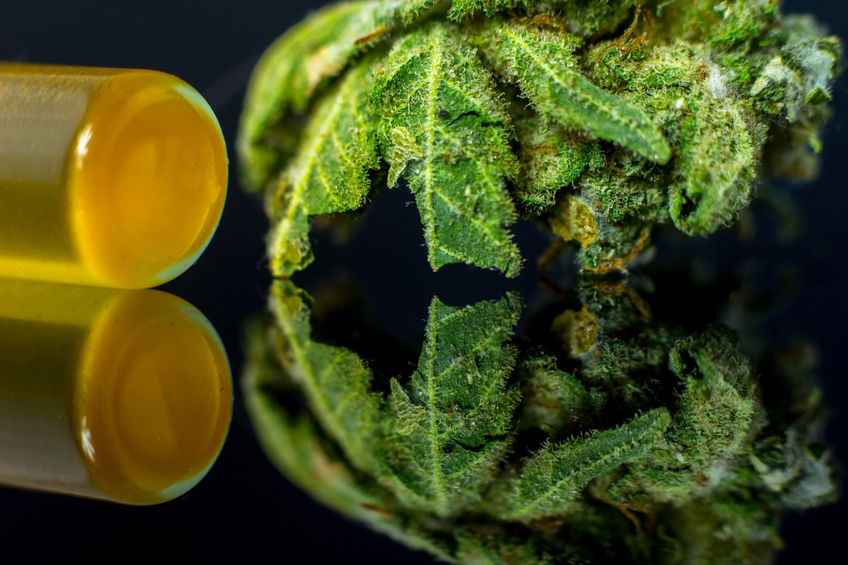
There’s a pretty easy explanation for this success: patients don’t have to meet qualifying conditions, and instead only need a referral from a physician. There are also no caps on dispensary licenses, which is why the current number is over 1,700. Additionally, the barrier to entry is low. According to the Arkansas Times, “The license to grow on a commercial scale or open a dispensary in Oklahoma is a flat $2,500 and a fare thee well, open to any Oklahoma resident who hasn’t had a felony in the past five years. Their law allows cardholders to possess up to a half pound of marijuana, and grow up to six plants at a time. Their law also made possession of up to 1.5 ounces by non-cardholders a misdemeanor punishable by a maximum $400 fine.”
Additionally, High Times Magazine put Oklahoma’s cannabis culture on the map when it held its renown Cannabis Cups in Oklahoma City in August.
Massachusetts Social Equity
As more recreational cannabis businesses come online in Massachusetts, the push for social equity is taking center stage. Real Action for Cannabis Equity (RACE) started in Boston in September, 2019 to address the dearth of minority-owned operators. Per Marijuana Business Daily, “Organizers say they’re frustrated that all but two of Massachusetts’ 184 marijuana business licenses were issued to white operators…black entrepreneurs in Massachusetts who say people of color are being shut out of the lucrative marijuana industry are joining forces to close the gap.”
New York Decriminalizes Cannabis
Though New York state failed to pass recreational cannabis during the 2019 legislative session, a last-minute compromise was reached on decriminalization. According to The New York Times,”Under the new law, possessing between one and two ounces of marijuana will no longer be considered a Class B misdemeanor. It will now be a violation, with fines up to $200. Those found with less than an ounce of marijuana will now face a $50 fine, compared with $150 previously.” In addition approximately 160,000 people will have cannabis convictions expunged from their records.
New Jersey Still has a Chance to Pass Recreational Cannabis
The Garden State saga to legalize recreational cannabis is back on. The state Legislature came up short on votes to pass a new law earlier in 2019, but the law-making body isn’t giving up, envisioning two scenarios:
- Holding another vote for the bill during the lame duck session at the end of 2019 or the first half of 2020
- Putting it on the ballot for the November, 2020 election
Governor Phil Murphy has voiced his preference of passing recreational cannabis through the Legislature versus relying on the ballot box. According to NJ.com, “Such a move would allow leaders to more easily mold and regulate the new marijuana industry. And waiting until next year’s elections means you likely won’t be able to consume weed legally in New Jersey until early 2021, at the earliest.”
Cannabis Public Consumption: The Next Big Industry Development

With cannabis going mainstream and now firmly established as the fastest growing industry in America, business owners and state officials are partnering to create more opportunities for public consumption. Unlike with liquor at bars, restaurants, clubs, etc., one cannot legally purchase cannabis and use it onsite. So what gives? Public or social consumption of cannabis has been viewed as anathema by local governments, especially since it clashes with clean air ordinances. The tide is turning, though, as in the last few months a handful of states have passed new laws allowing licenses for cannabis lounges and other social spaces where consumers can legally consume products.
Alaska
Alaska Lt. Gov. Kevin Meyer (R) signed new regulations into law in March of 2019, issuing permits to businesses authorizing onsite consumption. The so-called “special onsite use endorsement” stipulates that consumption areas need to be physically separated from retail spaces, either by a wall and a secure door or an outdoor patio. The onus is on business owners to provide security plans and adequate ventilation. As is the case with most public consumption programs, local governments in Alaska will have the authority to prohibit onsite use outright or to tighten restrictions, including limiting consumption to vaping only.
California
The birthplace of social cannabis lounges in the U.S., California, is expected to open many more in the next couple of years. San Francisco leads the way with the most cannabis lounges, but recent legislation coming out of Los Angeles County will make municipalities like Los Angeles and West Hollywood the next leaders. LA county has been fielding social cannabis business applications since January of 2018, and West Hollywood changed codes and zoning regulations to allow public consumption in certain cafes and smoking lounges, and recently Assembly Bill 1465 was introduced that will allow smoking, vaping, and eating edibles.
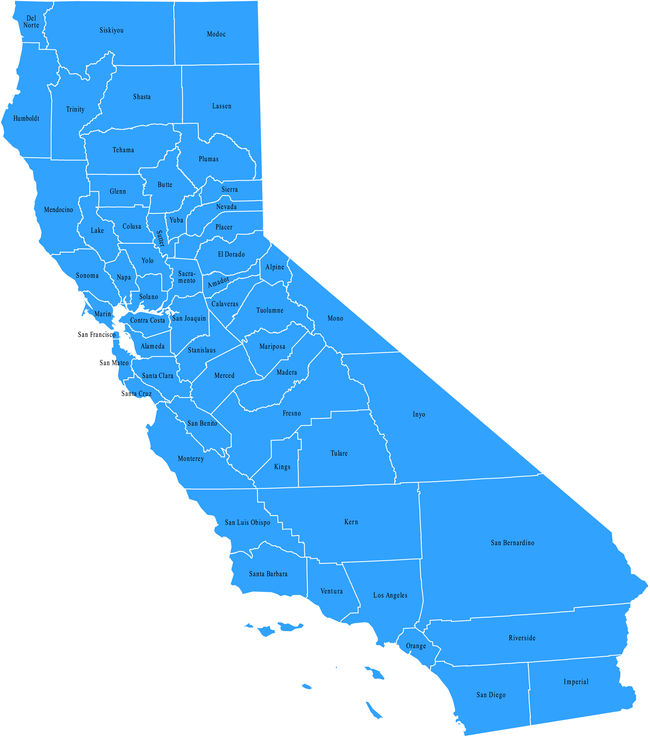
“Another big move: West Hollywood will allow chefs to infuse cannabis into pre-planned and on-demand menus for onsite customers at new restaurants,” according to Forbes. “As the cafes come online over the next 12 months, West Hollywood will have more than double the number of cafes and lounges of any other city.”
Colorado
Colorado is the latest state to pass public consumption. House Bill 1230, set to take effect at the start of 2020, establishes regulations for retail stores to set up social consumption lounges, as well as allowing for mobile and temporary licenses. This means that businesses like music venues, art galleries, yoga studios, restaurants, and hotels can obtain public consumption permits and licenses for limited cannabis sales. There’s also a pathway for awarding temporary licenses for special events.
Colorado’s Marijuana Enforcement Division will process licence applications and serve as the state’s regulatory board. Per High Times “Like any industry’s regulatory requirements, businesses will still have to clear a few hurdles before they can let customers light up. First, business owners and cannabis advocates will have to convince local governments to opt in to the new law. Otherwise, the state won’t award a public consumption license. House Bill 1230 also gives local governments the authority to tweak the rules for public consumption. Towns could, for example, only approve certain forms of consumption.”
Illinois
The Illinois Cannabis Regulation & Tax Act includes an exemption to the Smoke-Free Illinois Act, which prohibits outdoor smoking, allowing cities to determine if they want to permit on-site cannabis use at lounges, bars, restaurants, and other places of business. For now, the state is leaving it up localities to opt in or out to public consumption. The City of Chicago is weighing its options. “The regulations around on-site consumption have not yet been finalized,” said Lauren Huffman, a city spokeswoman in an interview with The Chicago Sun-Times in September, 2019. “We are taking the initial step of introducing zoning regulations so we can start to give businesses certainty around where dispensaries will be located. We have not yet made final decisions around where and how on site consumption will be regulated, but are having ongoing conversations with our partners in the industry, the community and the City Council around the best way to regulate the practice.”
Nevada
Nevada’s recreational cannabis programs began in 2016, and now public consumption licenses will be granted. The Las Vegas City Council in May 2019 voted to allow existing cannabis businesses to apply for permits to open consumption lounges. Clark County Commissioner and former state senator Tick Segerblom, who is also considered Nevada’s cannabis ambassador, told the USA Today Network, “We’re the new Amsterdam. That should be a concern to gaming companies. They’re concerned about (lounges) making money outside the hotels. They’re worried the longer this goes outside hotels, the more established they’ll get. As a business person, I would be concerned too.”
While Las Vegas cannabis businesses hope to cash in on weed tourism, the gaming community wants to wall off its hotels and casinos. The Nevada Gaming Control Board, which has taken a conservative stance on cannabis, brokered a compromise with the city to create a 1,000 foot buffer between gaming establishments and cannabis lounges.
One business that’s not compromising or sparing any expense is Acres Cannabis, a 19,000 square-foot dispensary set to roll out a social consumption lounge that will include a concert hall and full-service kitchen launched with the Morton family of Morton’s The Steakhouse in Chicago.
According to msn.com, “After the city builds an application, 20 dispensaries – already open or forthcoming in Las Vegas this year – can apply for licenses to open lounges prohibited from selling alcohol. The ordinance excludes dispensaries on The Strip, which is controlled by Clark County, not the city of Las Vegas, as well as Henderson and North Las Vegas.”
What State Will be Next?
The new trend of public consumption is expected to expand, especially with new states like Illinois passing adult use programs. Oregon, currently a medical and recreational use state, appears next on the horizon. If passed, Senate Bill 639 would require the Oregon Liquor Control Commission to regulate social consumption businesses and event spaces, allow for the sale of cannabis in these clubs, tasting tours on farms and expanded legal cannabis delivery into private and temporary residences.
The Essential Staff of a Dispensary
Previously, we wrote about the essential staff of a cultivation facility, and now we turn our attention to dispensaries. Cannabis employment is exploding, and 2019 is projected to be a banner year for new-hires. The most in-demand jobs in medical and recreational markets are dispensary positions because these mostly customer-facing staff provide the greatest opportunity to interact with the general public.
General Managers
Consumers enter a dispensary for a transactional and educational experience with the expectation of receiving quality customer service. They survey the products, interact with staff, and either buy or take a pass. It sounds simple, but behind the counter and the scenes it’s much more complex, and it starts at the top with the general manager. This crucial position oversees all functions and operations of a dispensary from interacting with vendors, dealing with law enforcement, and managing inventory to handling returns and of course, hiring, managing, and training budtenders and other staff. Certain medical dispensaries require general managers to be physicians, nurses, or pharmacists.
Budtenders
Budtenders play a critical role in creating a positive customer experience.Consumers, especially those new to cannabis, have lots of questions: What’s the difference between indica and sativa? What strain do you recommend for this or that? How is CBD oil different than oil with CBD and THC? What are tinctures? Budtenders spend the majority of their days working face-to-face with customers and providing knowledge and advice about cannabis products.
Administrative Staff Without people streamlining office functions, a dispensary would fail. Administrative staff are the unsung heroes that ensure dispensaries operate as well-oiled machines. They answer phones, handle customer inquiries, verify medical cannabis cards, and maintain patient records, among other duties.
Cannabis is the fastest growing industry in the country, expanding at an annual rate of 28 percent and expected to reach a value of $146 billion by 2025
Security
There are efforts on the federal level to ease banking restrictions on cannabis businesses, most notably the States Act, but cannabis still remains a cash-only business. As such, dispensaries need physical security to protect assets while not scaring off customers. “While security is a tough game, you don’t want to set a tough tone between your security guard and cannabis consumer,” according to Marijuana Retail Report. “Work with your security staff to ensure that they embrace and understand the customer experience you are developing in-store. Since they are the first point of contact, ensure that they are helping consumers feel welcome and invited, yet are able to maintain a zero-tolerance stance on any customer activities that could present a perceived threat to your dispensary, staff and other customers.”
Conclusion
Cannabis is the fastest growing industry in the country, expanding at an annual rate of 28 percent and expected to reach a value of $146 billion by 2025. To keep up with the demand, not only does more product need to be cultivated, but it has to be sold to consumers. It takes the skill and knowledge of essential dispensary staff to keep these businesses running.
